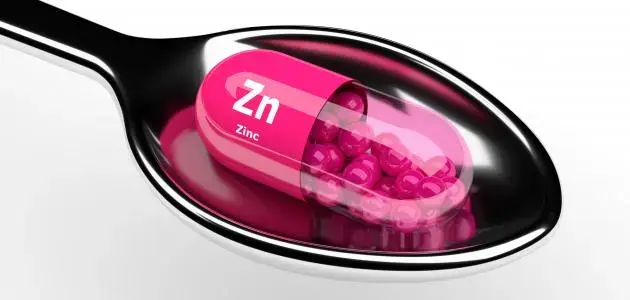Zinc is a trace mineral essential for human health, despite being present in very small amounts in the body. It plays a crucial role in numerous bodily functions, including hormone production, growth and development, and aiding digestion. Moreover, zinc helps reduce inflammation, fight cancer, support heart health, and more.
Health Benefits of Zinc Supplements
Zinc activates over one hundred different enzymes, contributing to a wide range of health benefits. Key advantages include:
Boosting Immune Function
Zinc is vital for activating T-cells, which attack infected or cancerous cells and regulate the immune response. A zinc deficiency can significantly weaken immunity. A study published in the American Journal of Clinical Nutrition confirmed that low zinc levels increase vulnerability to various pathogens.
Treating Diarrhea
The World Health Organization reports that administering zinc supplements to children with diarrhea for ten days can effectively treat the condition and reduce future occurrences.
Enhancing Learning and Memory
Zinc plays a crucial role in memory formation and learning by regulating communication between neurons.
Reducing Cold Duration
Studies show zinc tablets can shorten the length of the common cold by up to 40%. A Cochrane review found that taking zinc supplements within 24 hours of symptom onset significantly lessens the severity of colds in healthy individuals.
Promoting Wound Healing
Patients with chronic wounds often have low zinc levels. Zinc supports skin health and can be applied topically to treat foot ulcers by combating bacteria and reducing inflammation.
Lowering Risk of Chronic Diseases
Zinc intake, through diet or supplements, is linked to reduced risk of several chronic inflammatory diseases.
Protecting Against Age-Related Macular Degeneration
Zinc helps protect the retina from damage, delaying the progression of age-related macular degeneration (AMD), which can lead to vision loss.
Other Potential Benefits
- Acne treatment – promising results using zinc sulfate.
- Osteoporosis support.
- Management of Attention Deficit Hyperactivity Disorder (ADHD).
- Reducing risk of pneumonia.
Possible Side Effects of Zinc Supplements
Zinc supplements are generally safe when taken within recommended doses. However, excessive intake may cause side effects such as:
- Burning, itching, or tingling sensations when applying zinc-containing creams on cracked skin.
- Diarrhea, nausea, or vomiting if taken without medical advice. The daily intake should not exceed 40 mg from all sources.
- Reduced copper absorption, potentially causing anemia if taken in large amounts.
- Loss of smell after inhaling zinc-containing nasal sprays.
- Stomach pain, fever, and fatigue after high doses.
- Increased prostate cancer risk if consuming over 100 mg daily or taking supplements for more than ten years.
- Disruption of blood iron levels at very high doses (450 mg or more daily), with lethal effects possible at doses of 10-30 grams.
Recommended Daily Zinc Intake
Zinc-rich foods include beans, nuts, animal meats, and fish. The recommended daily intake varies by age and physiological condition:
- Infants under 7 months: 2 mg/day
- Infants 7–12 months: 3 mg/day
- Children 1–3 years: 3 mg/day
- Children 4–8 years: 5 mg/day
- Children 9–13 years: 8 mg/day
- Adolescents and adults (males 14+ years): 11 mg/day
- Females under 19 years: 9 mg/day
- Females 19+ years: 8 mg/day
Pregnant and breastfeeding women should follow their doctor's advice, as recommended doses vary by age. Those aged 14–18 should not exceed 34 mg daily, while women over 18 should limit intake to 40 mg daily.
Leave a comment
Your email address will not be published. Required fields are marked *




